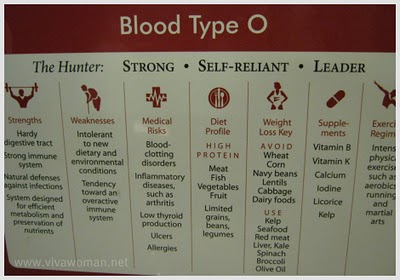

AB blood also makes you a universal plasma donor. Click on a blood type below to learn more. You can receive blood from any donor and your body will not attack it. In addition to the A and B antigens, there is a protein called the Rh factor, which can be either present (+) or absent (), creating the 8 most common blood types ( A+, A-, B+, B-, O+, O-, AB+, AB- ). If you have AB+ blood, you’re a universal recipient. Blood types are referred to as Type A, Type B, Type AB (which has both A. If you have type O-, you’re what health professionals call a universal donor. The presence of antigens within these groups is what determines a persons blood type. More than 99 of Filipinos are Rh positive while less than 1 has Rh negative. Health care providers use it in emergencies and to help premature babies and people with cancer. The most common blood type is Blood Group O followed by A, then B and AB. Because it can match with any blood type, it’s in high demand at hospitals. If the blood type doesn’t match, your immune system will attack it. Your body could also stop making enough healthy blood on its own.įor a transfusion to be safe, the doctor must be sure your blood type matches that of the donor. You may need one if you lose a lot of blood during surgery or as a result of being injured. In fact, there are about 30 others, but they’re all very rare.īlood transfusions - when more blood is added to your body - are very common. If you don’t have it, you’re Rh negative (-).Ĭombining A and B antigens with the Rh factor gives you 8 different blood types: If you have it, it means your blood is Rh positive (+). Type A red blood cells have A-type antigens.Īside from antigens, your red blood cells can have a special protein called Rh factor.It will create special proteins called antibodies to destroy the foreign cells.

If you receive red blood cells with different antigens, your immune system will treat them just like it does disease cells that enter your body. These markers (antigens) help your body recognize cells that belong inside you. Your red blood cells have special markers on the surface that determine your blood type.


 0 kommentar(er)
0 kommentar(er)
